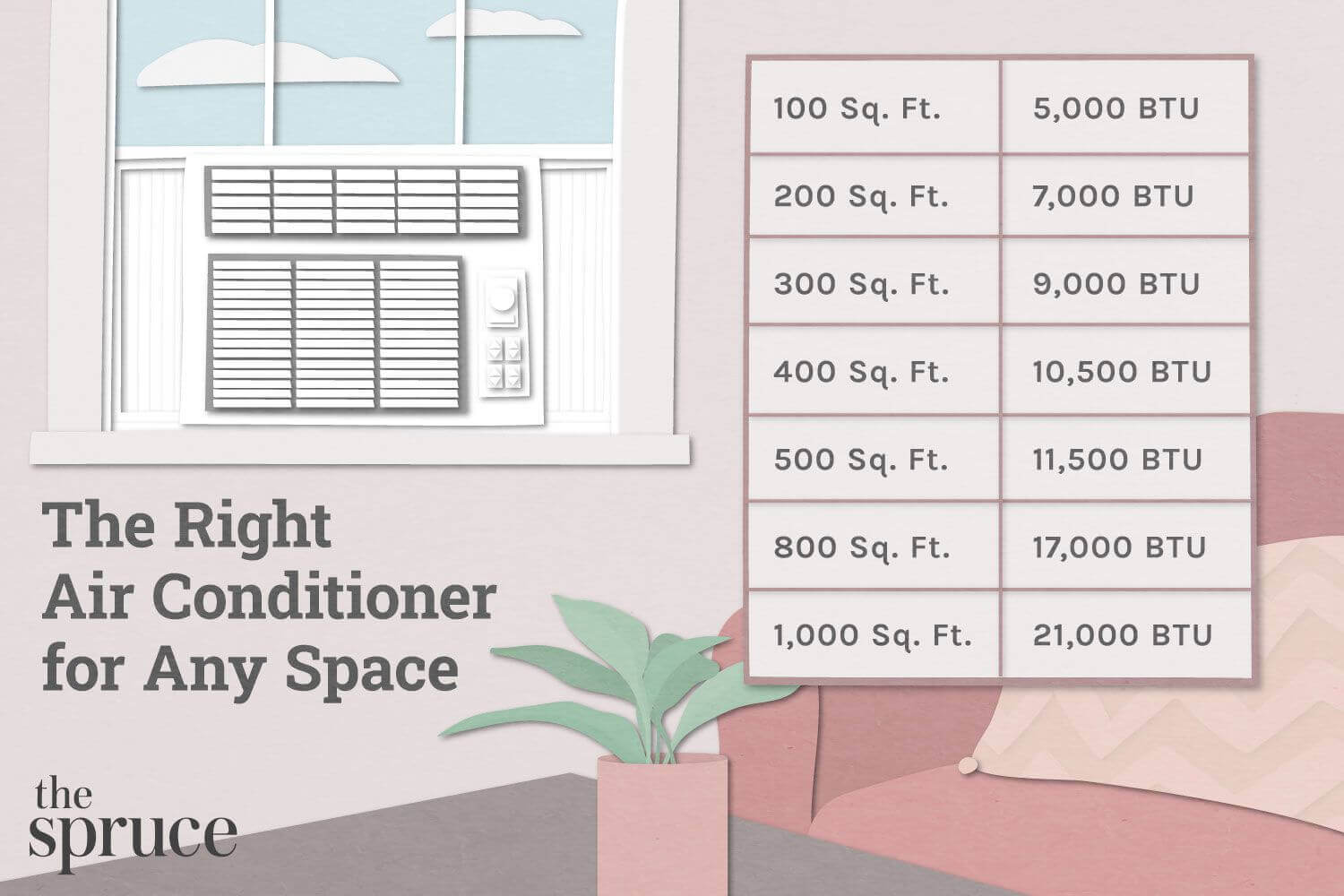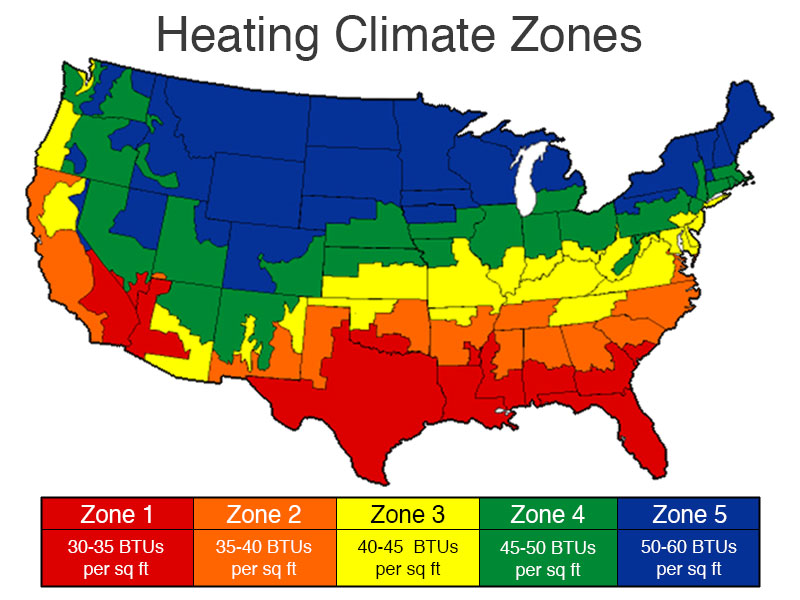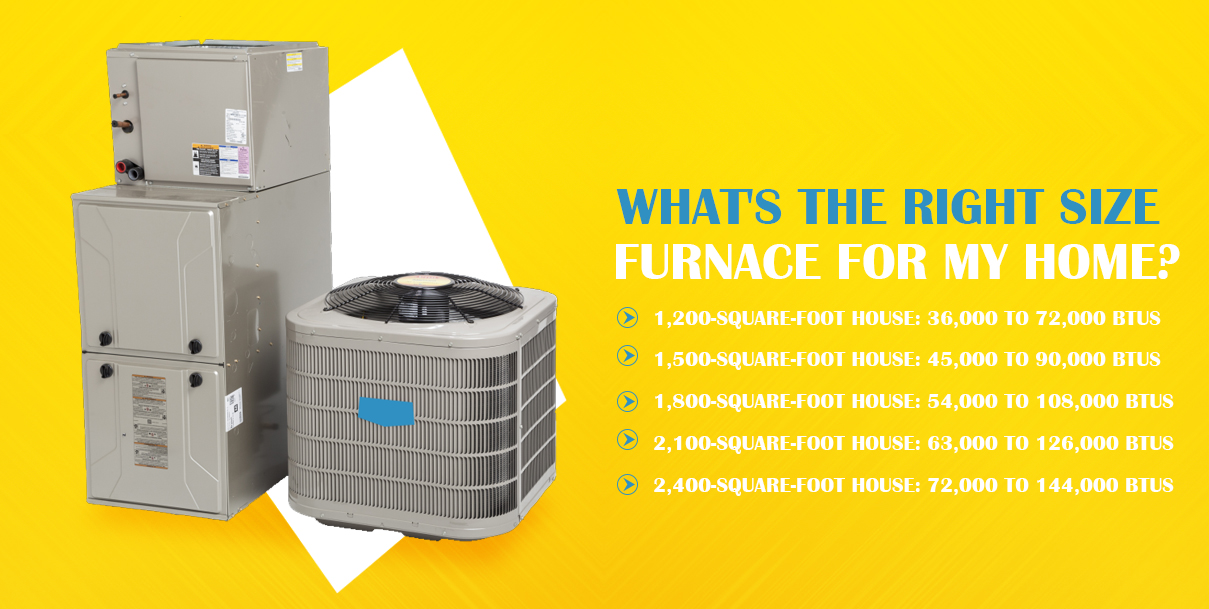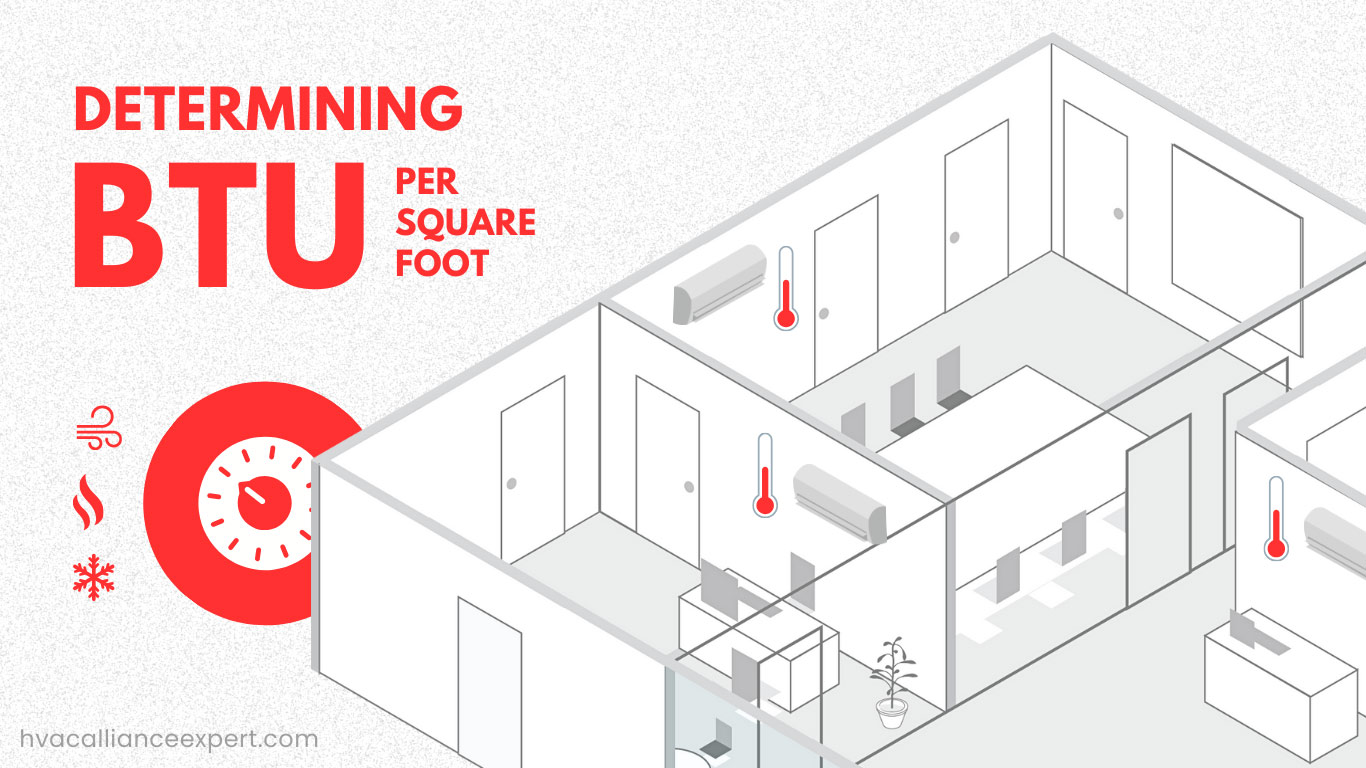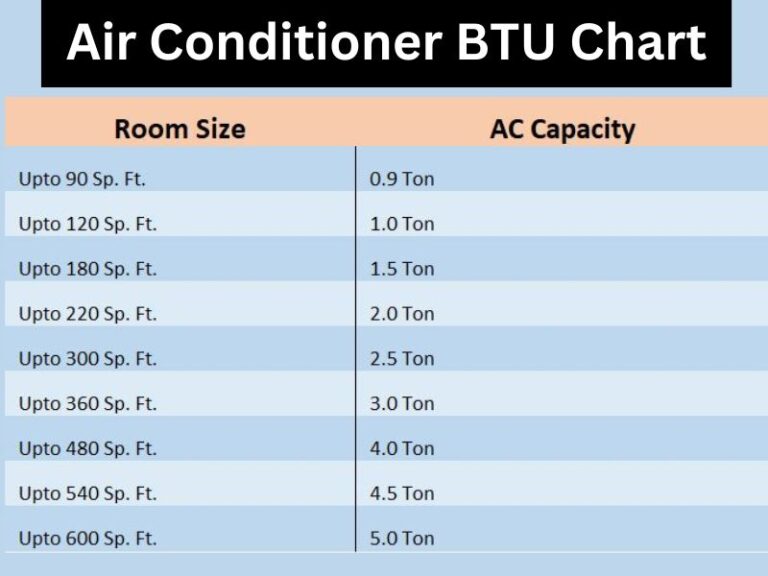How Many Square Feet Will 36000 Btu Cool

Frequently Asked Questions: Cooling Area of a 36,000 BTU Air Conditioner
Choosing the right size air conditioner is crucial for efficient and comfortable cooling. A 36,000 BTU (British Thermal Units) air conditioner is a powerful unit, but understanding its cooling capacity in square feet is essential. This FAQ addresses common questions about matching a 36,000 BTU unit to the size of your space.
Q1: How many square feet will a 36,000 BTU air conditioner typically cool?
A 36,000 BTU air conditioner is generally designed to cool a space between 1200 and 1800 square feet. However, this is just an estimate. The actual cooling capacity depends on several factors, which we'll discuss in more detail below.
Q2: What factors besides square footage affect the cooling capacity of a 36,000 BTU AC unit?
While square footage is a primary consideration, other factors significantly influence the cooling power needed. These include:
- Climate: Hotter climates require more cooling power. If you live in a region with extremely high temperatures and humidity, you may need a slightly larger unit even if your square footage falls within the 1200-1800 range. Conversely, in milder climates, a 36,000 BTU unit might comfortably cool a larger area.
- Ceiling Height: Rooms with higher ceilings have a larger volume of air to cool. If your ceilings are significantly higher than the standard 8 feet (e.g., 10 feet or more), you'll need to factor in that increased volume, potentially requiring a more powerful unit. Think of it like filling a taller glass – it takes more liquid.
- Insulation: Good insulation helps keep cool air inside and hot air outside. Poorly insulated walls, ceilings, and windows will allow heat to transfer into the space, making the air conditioner work harder and potentially reducing its effective cooling area. Improving insulation can significantly increase the efficiency of your AC.
- Window Size and Orientation: Large windows, especially those facing south or west, allow a lot of sunlight and heat to enter the room. Consider window coverings like blinds, curtains, or solar screens to reduce heat gain. The more windows you have, and the more direct sunlight they receive, the more BTUs you'll need.
- Number of People: Each person in a room generates heat. A room that frequently houses many people will require more cooling power than a room that's usually empty or occupied by only one or two individuals.
- Heat-Generating Appliances: Appliances like computers, ovens, and even lighting can generate significant heat. If you have a room with a lot of heat-producing equipment, you'll need to account for that when determining the appropriate BTU level. For example, a commercial kitchen will require significantly more cooling than an office of the same size.
- Room Usage: The intended use of the room matters. A server room, for example, filled with heat-generating computers, will need significantly more cooling than a storage room of the same square footage.
- Airflow: Obstructions that inhibit the free flow of air from the air conditioner into the room will diminish its effectiveness.
Q3: How can I accurately calculate the BTU requirements for my specific space?
While the 1200-1800 square foot range is a good starting point, a more accurate calculation will provide a better estimate. Here's a simplified approach:
- Calculate the Square Footage: Measure the length and width of the room (or the area you want to cool) in feet. Multiply these two numbers to get the square footage.
- Start with a Base BTU/Square Foot: A general rule of thumb is to start with 20 BTUs per square foot. For example, a 1500 square foot room would initially require 1500 x 20 = 30,000 BTUs.
- Adjust for Climate:
- For very hot climates (e.g., desert regions), increase the BTU requirement by 10-20%.
- For milder climates, you might slightly reduce the BTU requirement by 5-10%.
- Adjust for Insulation:
- If the insulation is poor, increase the BTU requirement by 10-15%.
- If the insulation is excellent, you might slightly reduce the BTU requirement by 5-10%.
- Adjust for Windows:
- If the room has many large, sun-facing windows, increase the BTU requirement by 10-15%.
- If the room has few windows or they are well-shaded, you might slightly reduce the BTU requirement by 5-10%.
- Adjust for Occupancy and Appliances: Add approximately 400 BTUs for each regular occupant in the room and a substantial amount for heat-generating appliances. (This is a complex calculation, and a professional may be needed to assess appliance heat load).
- Compare to the 36,000 BTU Unit: Based on your adjusted BTU requirement, determine if a 36,000 BTU unit is sufficient. If your calculated BTU requirement is significantly higher than 36,000, you'll need a larger unit. If it's significantly lower, a smaller unit might be more energy-efficient.
Example: Let's say you have a 1500 square foot room in a hot climate with average insulation and a few moderately sized windows. You also expect the room to typically have 3 occupants and a few computers running.
- Base BTU: 1500 sq ft * 20 BTU/sq ft = 30,000 BTU
- Climate Adjustment (Hot): 30,000 BTU * 0.15 = 4,500 BTU. Total: 34,500 BTU
- Occupancy Adjustment (3 people): 3 people * 400 BTU/person = 1,200 BTU. Total: 35,700 BTU
- Appliance Adjustment (Computers): Estimate 1,000 BTU. Total: 36,700 BTU
In this scenario, a 36,000 BTU unit might be slightly undersized and work constantly, or sufficient depending on the actual heat output of the computers. In this case, upgrading to a larger unit or addressing the heat being produced by the computers would be worth considering.
Q4: What happens if I choose an air conditioner that's too small or too large for the space?
Using an air conditioner that's not properly sized can lead to several problems:
- Too Small: An undersized air conditioner will struggle to cool the space effectively, especially during peak heat. It will run constantly, consuming more energy and potentially shortening its lifespan. You'll also experience uneven temperatures and a lack of comfort.
- Too Large: An oversized air conditioner will cool the space too quickly and then cycle on and off frequently. This short cycling can lead to:
- Uneven Cooling: The room might become cool quickly, but the humidity won't be properly removed, leaving you feeling damp and uncomfortable.
- Increased Energy Consumption: While it might seem counterintuitive, an oversized unit can actually consume more energy because of the frequent starts and stops. Starting an AC unit requires a surge of power.
- Higher Humidity: Air conditioners dehumidify as they cool. When an AC cycles on and off too frequently, the dehumidification process is interrupted, leading to higher humidity levels.
- Reduced Lifespan: Short cycling puts extra stress on the compressor and other components, potentially leading to premature failure.
The goal is to find an air conditioner that's just right for your space, providing efficient and consistent cooling and dehumidification without short cycling.
Q5: Is it better to slightly over-size or under-size an air conditioner?
Neither is ideal. In the past, it was sometimes believed that slightly oversizing was better than undersizing. However, modern air conditioners are more efficient, and the downsides of oversizing (short cycling, humidity issues, and energy waste) are more pronounced. It is better to slightly undersize than oversize. That being said, as long as the temperature differential between the outside and the inside is not too large, and the unit is well insulated, you should not experience problems. The best approach is to calculate the BTU requirements as accurately as possible and choose a unit that's as close to that number as possible. If you're unsure, consult with a qualified HVAC professional. Undersizing can also place undue stress on the unit.
Q6: Can I use multiple smaller air conditioners instead of one large 36,000 BTU unit?
Yes, in some cases, using multiple smaller units can be a better option, especially if you need to cool different zones or rooms independently. This approach offers several advantages:
- Zoned Cooling: You can cool only the areas that are occupied, saving energy.
- Improved Comfort: You can set different temperatures in different zones to suit individual preferences.
- Redundancy: If one unit fails, the others can continue to provide cooling.
- Easier Installation: Smaller units are often easier to install than a single large unit.
However, using multiple units also has some drawbacks:
- Higher Initial Cost: Purchasing multiple units can be more expensive than buying a single large unit.
- More Maintenance: You'll have more units to maintain.
- Potential for Higher Energy Consumption: If not managed properly, multiple units can consume more energy than a single, efficiently sized unit.
The decision of whether to use one large unit or multiple smaller units depends on your specific needs and circumstances. Consider factors like the layout of your space, your cooling preferences, and your budget.
Q7: Should I consult a professional HVAC technician before purchasing a 36,000 BTU air conditioner?
Yes, absolutely. While this FAQ provides helpful information, consulting with a qualified HVAC technician is always recommended. An HVAC professional can perform a thorough assessment of your space, taking into account all the relevant factors, and recommend the best size and type of air conditioner for your needs. They can also ensure proper installation, which is crucial for optimal performance and efficiency. Investing in a professional consultation can save you money and headaches in the long run. They can also help you understand the different types of AC units available (e.g., window units, portable units, ductless mini-splits, central air conditioners) and recommend the best option for your specific situation.
By considering all these factors and seeking professional advice, you can ensure that you choose the right size air conditioner for your space, providing efficient and comfortable cooling for years to come.


